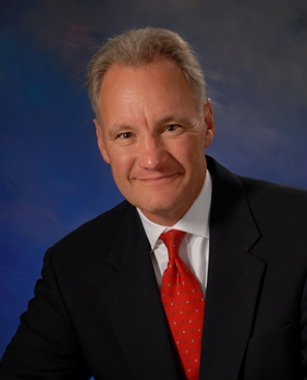Following Jesus 128
Following Jesus: The Progress of the Pilgrim.
Not only is the burden of sin a personal and sickening burden, but in Psalm 38 David describes it as an overwhelming burden. Vs. 4-16. This proves to be the bulk of the psalm and the predominant thought on David’s mind.
“For my iniquities have gone over my head;” vs. 4. David is overwhelmed, from the tips of his toes to the crown of his head because he as intentionally drifted from God’s straight path.
“Like a heavy burden, they are too heavy for me.” Vs. 4. Like an oppressive burden, David’s awareness of his sin becomes more than he can bear.
Using other imagery, he compares his burden of sin to a festering and putrid soar. “My wounds grow foul and fester because of my folly.” Vs. 5. Like a foul and festering sore, David’s sin brings shame, remorse, regret, sorrow and guilt.
“I am bent over and greatly bowed down; I go mourning all day long.” Vs. 6. David is bent over; twisted, irritated and confused. He is greatly bowed down, collapsed, grieved and humiliated. All day long, he goes about with a face of gloom, sadness, unhappiness and depression.
“For my loins are filled with burning, and there is no soundness in my flesh.” Vs. 7. David is in pain, as if he was on fire.
“I am benumbed (greatly numbed) and badly crushed; I groan because of the agitation of my heart.” Vs. 8. He is numb, feeble, paralyzed and weak. This fills his entire soul.
“O Lord, all my longing is before you; my sighing is not hidden from you.” Vs.9. All of the emotions David is feeling is not hidden from God. The Lord sees all of it.
“My heart throbs; my strength fails me, and the light of my eyes—it also has gone from me.” Vs. 10. Like a peddler or salesman who you can’t get rid of, David’s guilt and remorse keeps coming back. Consequently, his strength fails him.
“My friends and companions stand aloof from my plague, and my nearest kin stand far off.” Vs. 11. David finds no comfort from his friends, companions or even his family. They want nothing to do with him.
“Those who seek my life lay their snares; those who seek my hurt speak of ruin and meditate treachery all day long.” Vs. 12. David fears for his life. He fears the threats and the plans of his enemies.
“But I am like a deaf man; I do not hear, like a mute man who does not open his mouth.” Vs. 13. Like one who cannot talk or hear, David has nothing to say.
“I have become like a man who does not hear, and in whose mouth are no rebukes.” Vs. 14. There is nothing the man can say.
“But for you, O LORD, do I wait; it is you, O Lord my God, who will answer.” Vs. 15. It is upon the Lord (Yahweh), Adonai (Master) and Elohim (God and Creator) that the man waits to hear.
“For I said, “Only let them not rejoice over me, who boast against me when my foot slips!” vs. 16.
There are those in our lives who dismiss this burden that we experience. They may believe that we are mentally unstable and need to see a doctor or a psychiatrist.
They may make fun of us, mock us or just plain ignore us. Neighbors may threaten us while others encourage us to be the person we used to be. Well-meaning friends and family may try to talk us out of our sense guilt and the heavy burden we feel.
Yet, the burden continues to weigh the pilgrim down every deeper, even into the Swamp of Despond. The word “despond” means hopelessness, sadness, misery, depression, unhappiness and gloom. It is discouragement.
What we must never forget is that there is hope for hopeless, gladness for the sad in heart, happiness for the miserable, happiness for the depressed and gloomy. How is this possible?

The Alliance of Confessing Evangelicals is member supported and operates only by your faithful support. Thank you.
Reformation Societies is a fraternal of the Alliance of Confessing Evangelicals. It is supported only by its readers and gracious Christians like you. Please prayerfully consider supporting Reformation Societies and the mission of the Alliance.





















